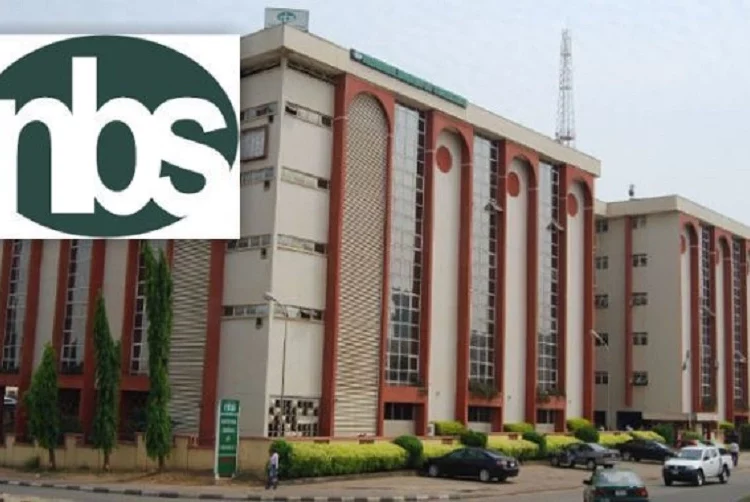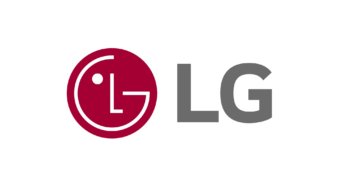Nigeria attracted a total of $5.642 billion in capital inflows in the first quarter of 2025, marking a significant 67.12 per cent increase compared to the $3.376 billion recorded in the same period in 2024, according to the latest report by the National Bureau of Statistics (NBS).
The figure also represents a 10.86 per cent rise from the $5.089 billion posted in the fourth quarter of 2024.
A breakdown of the data revealed that Portfolio Investment dominated the capital inflows during the quarter, accounting for $5.204 billion of the total. This was followed by Other Investments at $311.17 million, while Foreign Direct Investment (FDI) trailed with $126.29 million.
In terms of sectors, the banking industry attracted the largest share of capital, receiving $3.127 billion — which constitutes 55.44 per cent of total inflows.
The financing sector followed with $2.097 billion or 37.18 per cent, while the production and manufacturing sector saw capital inflows of $129.92 million, representing 2.30 per cent.
The report further showed that the United Kingdom was the leading source of capital imported into Nigeria in Q1 2025, contributing $3.681 billion — about 65.26 per cent of the total. South Africa came next with $501.29 million (8.88 per cent), followed by Mauritius with $394.51 million (6.99 per cent).
Among the five states that attracted foreign capital during the period, the Federal Capital Territory (FCT) Abuja led with $3.047 billion, accounting for 54.11 per cent of the total.
Lagos State received $2.564 billion, representing 45.44 per cent, while Ogun State attracted $7.95 million (0.14 per cent). Oyo and Kaduna States received $7.81 million and $4.06 million, respectively.
In terms of financial institutions facilitating capital inflows, Standard Chartered Bank Nigeria Ltd topped the list, attracting $2.103 billion. Stanbic IBTC Bank Plc followed with $1.398 billion, while Citibank Nigeria Limited recorded $1.052 billion in capital importation during the quarter.
The figures underscore renewed investor interest in Nigeria’s capital market, particularly in the portfolio investment space, as macroeconomic conditions and policy reforms continue to shape investment decisions.





